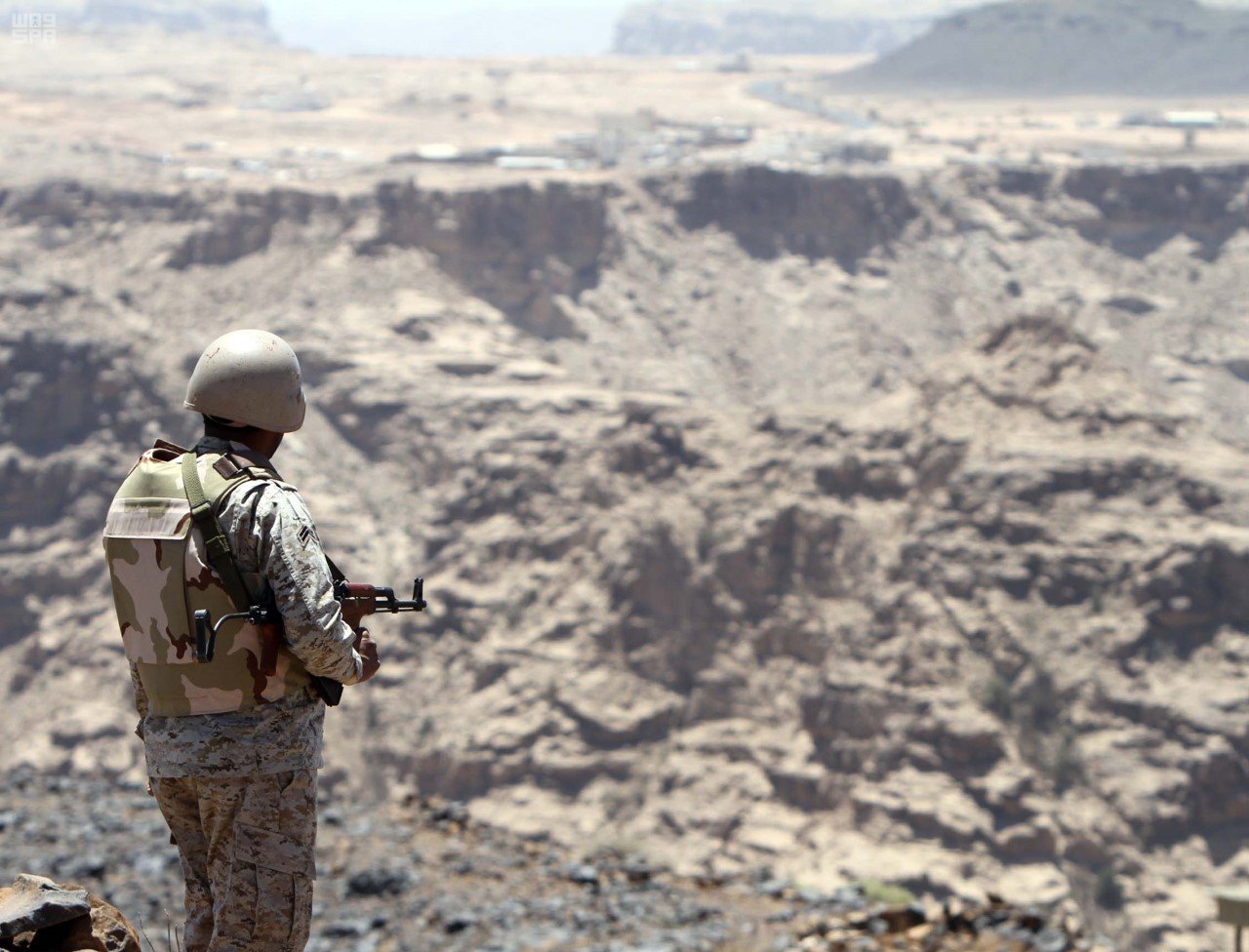The internationally recognized Yemeni government and the Iranian-aligned Houthi movement agreed to a ceasefire around the city of Hodeidah and to remove troops from the area in a potential major turning point for the three year old conflict, according to reports.
The agreement was reached at U.N.-brokered talks in Sweden. The port, which is currently under Houthi control, is where the bulk of humanitarian aid enters the country, in which an estimated 16 million people are facing famine. Ceasefires were also reached for a ceasefire at two other ports.
The U.N. Security Council will meet Friday to discuss a resolution on monitoring the troop withdrawals.
“The agreement announced today will help bring back security to the region including the security of the Red Sea, a vital water way for international trade,” Prince Khaled bin Salman, Saudi Ambassador to the United States, said on his Twitter account.
UN Secretary-General Antonio Gutteres praised the contributions of Crown Prince Mohammed bin Salman and Yemen’s President Hadi for their roles in reaching the agreement, calling them “very important to the outcome of the consultations.”
The agreements in Sweden arrived on the same day as stunning back-to-back votes in the U.S. Senate on Thursday, which delivered rebukes of President Trump’s embrace of Saudi Arabia, the Washington Post reports.
The Senate voted to end U.S. participation in the Saudi-led war in Yemen, and then unanimously approved a measure blaming the kingdom’s crown prince for the killing of journalist Jamal Khashoggi, who was a columnist for the Washington Post.
For Defense One, Katie Bo Williams commented that, “For now, the Senate’s 56-41 vote is largely symbolic. The Trump administration has defended its support of the Saudi coalition and has said the president will veto any congressional bid to curtail it. And even had the resolution passed in both chambers with a veto-proof majority, some of its supporters acknowledge that it would have little immediate impact on U.S. assistance to the Saudi-led coalition. Its value, said Rep. Adam Smith, D-Wash., the top Democrat on the House Armed Services Committee, is that it puts public pressure on the administration to take steps voluntarily. ”









